Are you a passionate filmmaker looking to enhance the visual quality of your films? One crucial aspect of capturing stunning footage is investing in high-quality camera lenses. The right lenses can elevate your cinematography, bringing your creative vision to life on the big screen. In this article, we will explore the top camera lenses for film shooting that will help you achieve professional results and make your movies stand out.

As a filmmaker, having a collection of versatile camera lenses is essential for capturing different perspectives, achieving desired depth of field, and adding cinematic flair to your shots. There are various types of lenses available, each with its unique characteristics and advantages. Let’s delve into the different categories of camera lenses suitable for film shooting.
Prime Lenses
Prime lenses, also known as fixed focal length lenses, offer exceptional image quality and are popular among filmmakers for their ability to deliver sharp and crisp footage. These lenses have a fixed focal length, meaning they don’t zoom in or out. Here are three types of prime lenses commonly used in film shooting.
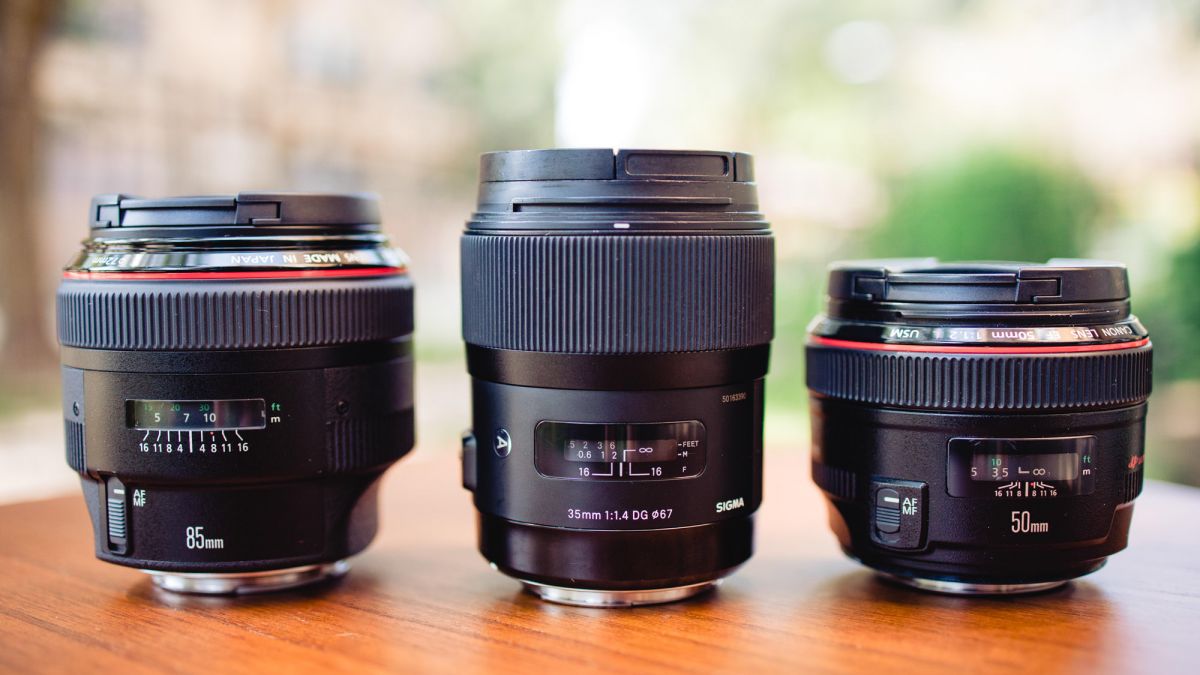
Wide-Angle Prime Lenses
Wide-angle prime lenses have a shorter focal length, typically ranging from 14mm to 35mm. They are perfect for capturing expansive landscapes, establishing shots, and shooting in tight spaces where you need to capture a wide field of view. Wide-angle prime lenses provide a sense of depth and allow you to incorporate more elements into your frame.
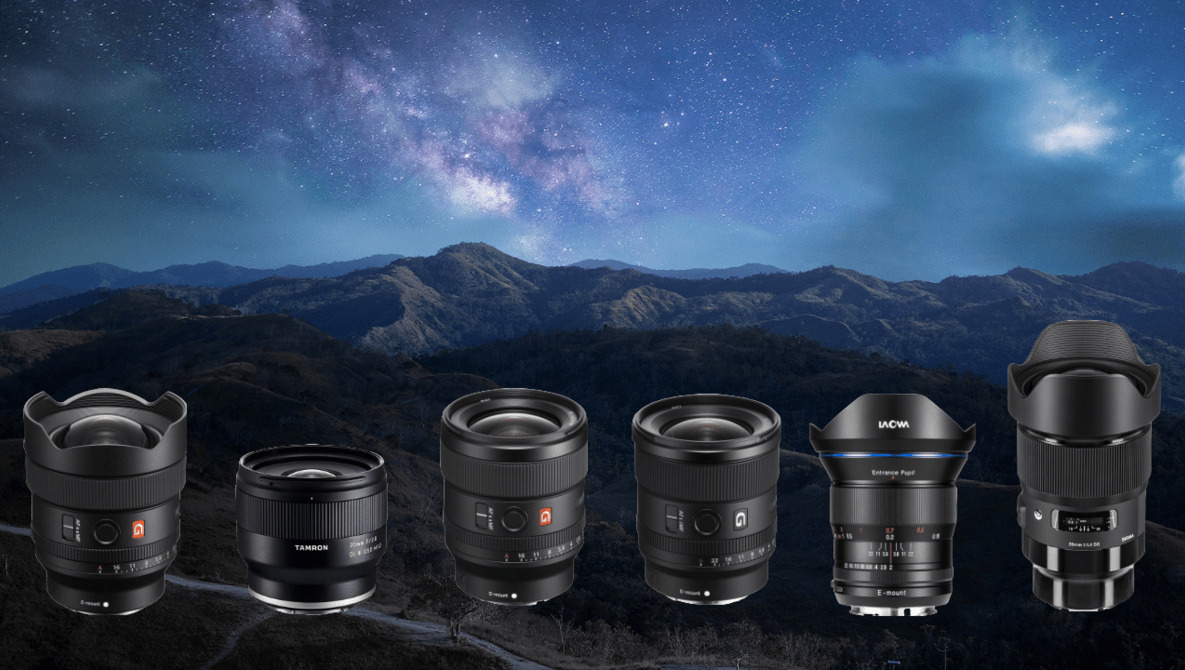
Normal Prime Lenses
Normal prime lenses have a focal length close to what the human eye sees, usually between 35mm and 50mm. These lenses are versatile and well-suited for capturing everyday scenes, interviews, and mid-range shots. Normal prime lenses offer a natural perspective and are popular choices for documentary-style filmmaking.

Telephoto Prime Lenses
Telephoto prime lenses have a longer focal length, ranging from 85mm to 300mm or more. They are ideal for capturing distant subjects, tight close-ups, and achieving a shallow depth of field. Telephoto prime lenses compress the background, creating a pleasing bokeh effect and isolating the subject from the surroundings.
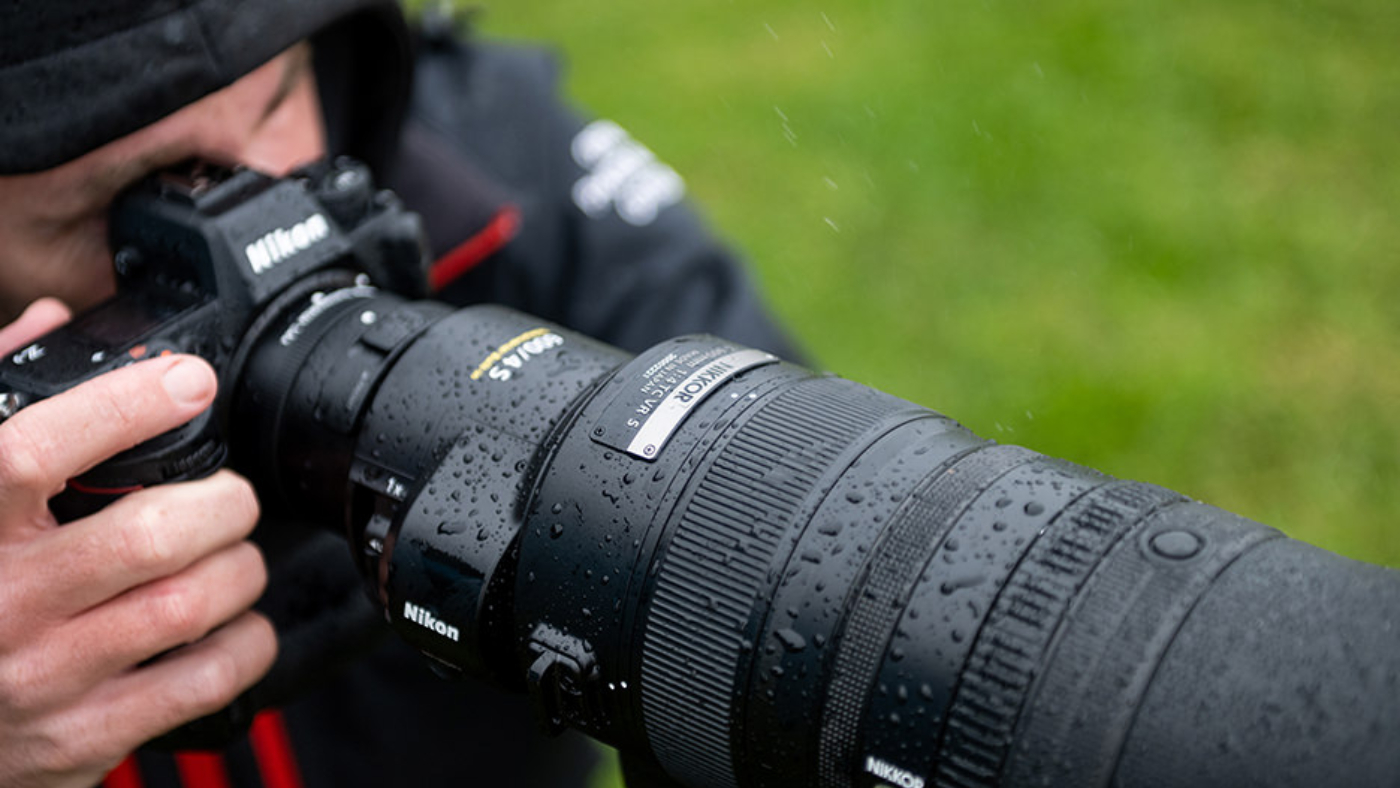
Zoom Lenses
Unlike prime lenses, zoom lenses provide variable focal lengths, allowing you to adjust the framing without changing the lens physically. They offer flexibility and convenience, making them suitable for a wide range of shooting scenarios. Let’s explore the different types of zoom lenses.
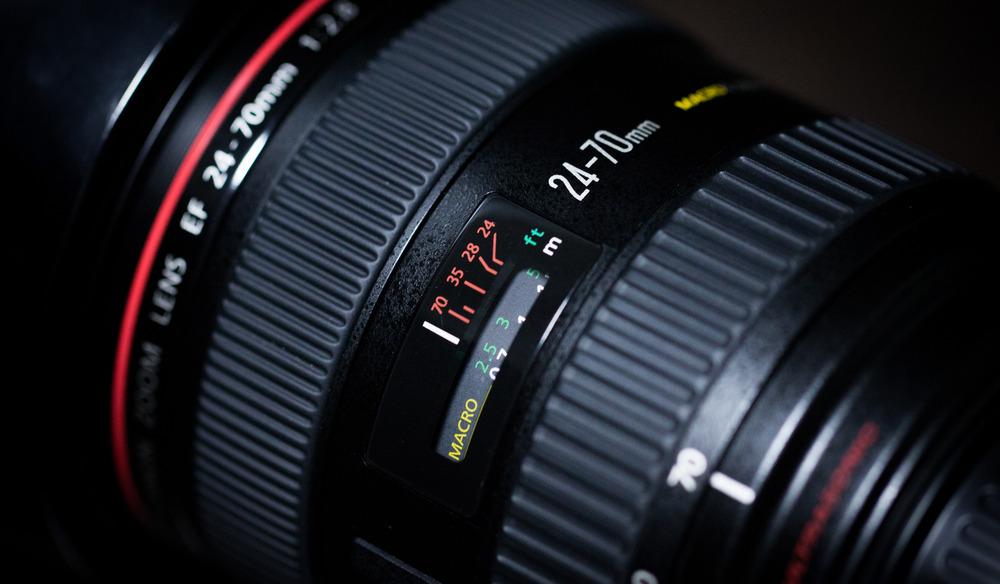
Wide-Angle Zoom Lenses
Wide-angle zoom lenses cover a range of focal lengths below 35mm. These lenses enable you to capture expansive landscapes, interior shots, and group scenes. They provide the convenience of adjusting the framing without the need to switch lenses, making them popular for documentary and event filmmaking.
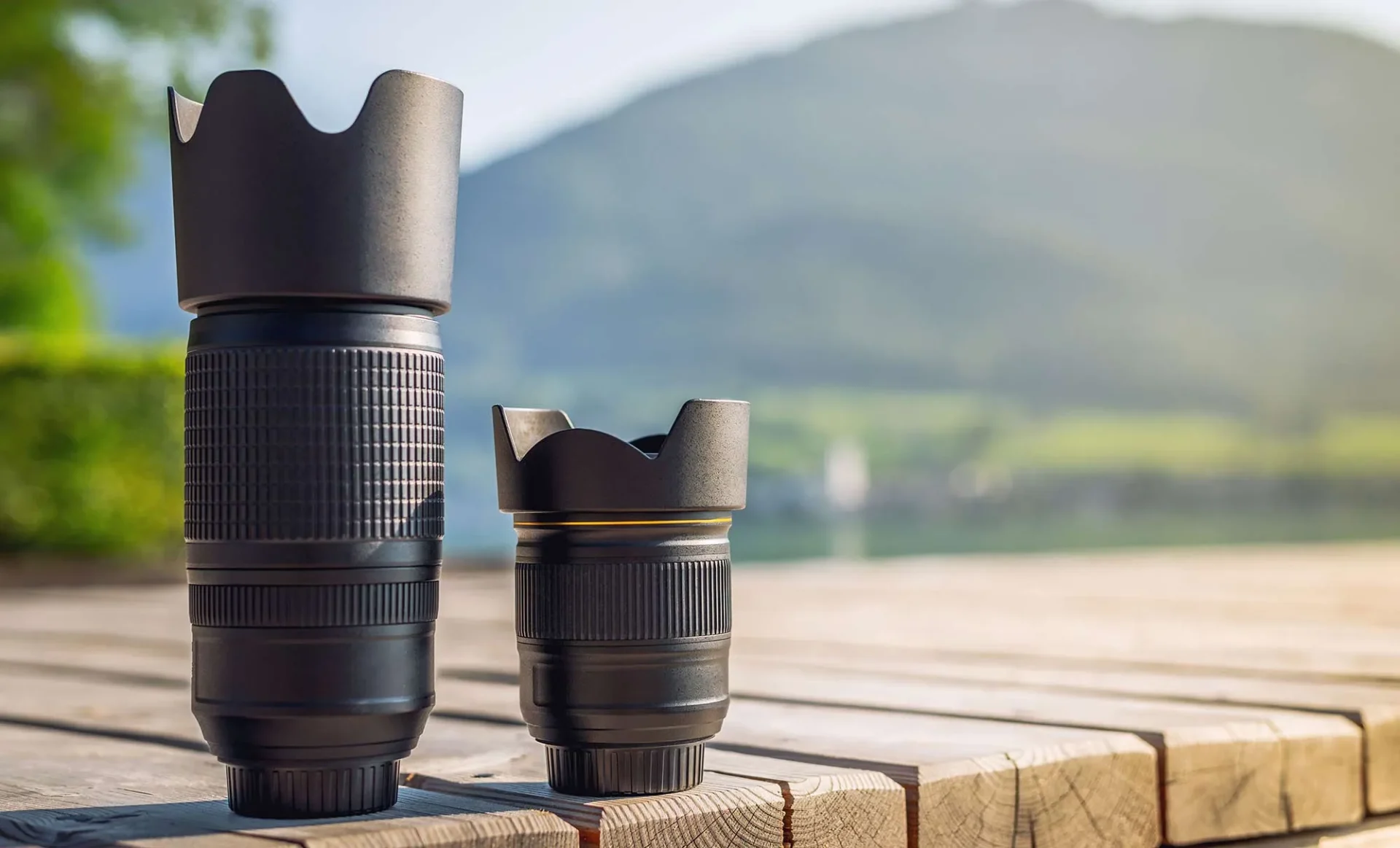
Normal Zoom Lenses
Normal zoom lenses cover the range between 35mm and 70mm. They offer versatility for capturing various scenes, making them great all-purpose lenses. Normal zoom lenses are Apologies for the interruption. Let’s continue with the article.
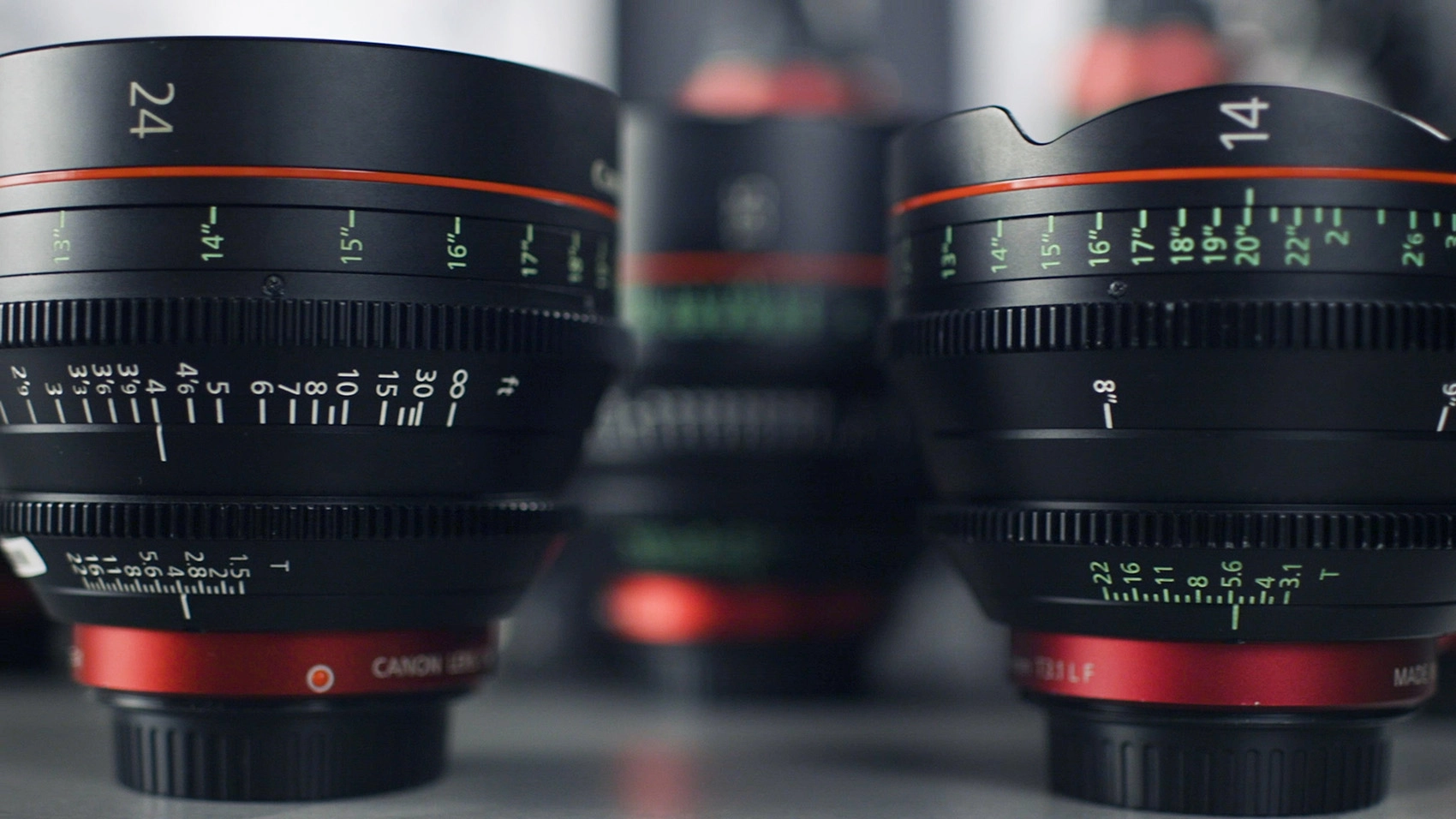
Zoom Lenses (continued)
Normal zoom lenses cover the range between 35mm and 70mm. They offer versatility for capturing various scenes, making them great all-purpose lenses. Normal zoom lenses are often used for shooting interviews, medium shots, and general filmmaking purposes. They provide the convenience of adjusting the focal length without compromising image quality.
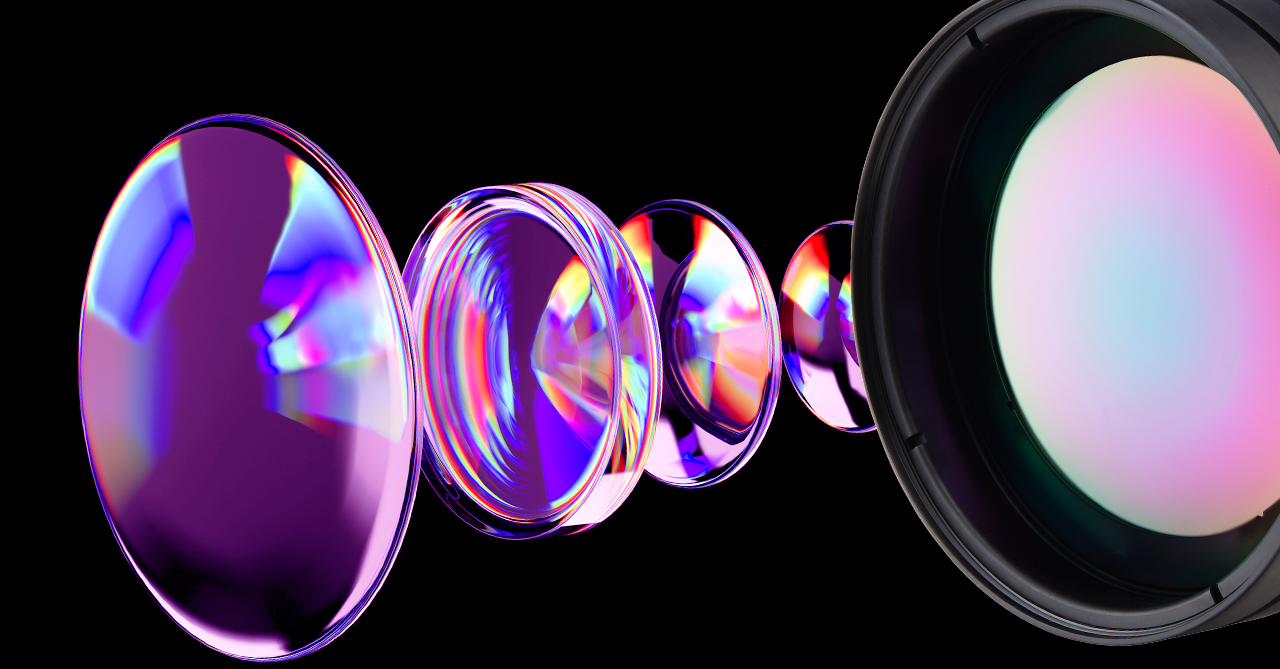
Telephoto Zoom Lenses
Telephoto zoom lenses have a focal length above 70mm and are designed to capture distant subjects or achieve a close-up with a narrow field of view. These lenses are perfect for wildlife filmmaking, sports events, and any situation where you need to reach distant subjects without physically moving closer. Telephoto zoom lenses allow you to capture details from afar while maintaining excellent image quality.

Specialty Lenses
In addition to prime and zoom lenses, there are specialty lenses that cater to specific creative needs. These lenses offer unique characteristics that can add a distinct look and style to your films. Let’s explore some popular specialty lenses.

Macro Lenses
Macro lenses are designed for close-up photography and filming small subjects with extreme detail. They have a high magnification ratio, allowing you to capture intricate textures and tiny elements. Macro lenses are commonly used in nature documentaries, product shots, and artistic filmmaking to showcase the beauty of small-scale subjects.

Tilt-Shift Lenses
Tilt-shift lenses provide the ability to control perspective and depth of field creatively. These lenses allow you to tilt and shift the lens elements, creating unique visual effects such as miniature-like scenes or selective focus. Tilt-shift lenses are often employed in architectural photography, creative storytelling, and creating dreamy or surreal visuals in films.

Anamorphic Lenses
Anamorphic lenses are famous for their cinematic widescreen look, characterized by horizontal lens flares and a distinct oval-shaped bokeh. These lenses squeeze a wider field of view onto the camera sensor, resulting in a widescreen aspect ratio when de-squeezed in post-production. Anamorphic lenses add a visually stunning and immersive quality to your films, commonly used in big-budget productions and to achieve a classic cinematic feel.
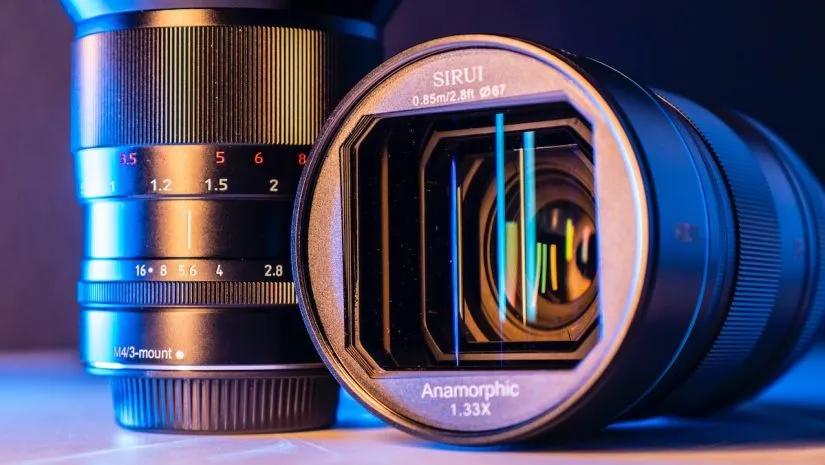
Summary
Investing in high-quality camera lenses is crucial for filmmakers who want to elevate the visual quality of their films. The right lenses, whether prime, zoom, or specialty lenses, offer unique characteristics that can enhance your creative vision. Consider your shooting style, desired look, and the specific needs of your project when selecting camera lenses. By choosing the top camera lenses for film shooting, you can capture stunning footage and bring your storytelling to life on the big screen.

